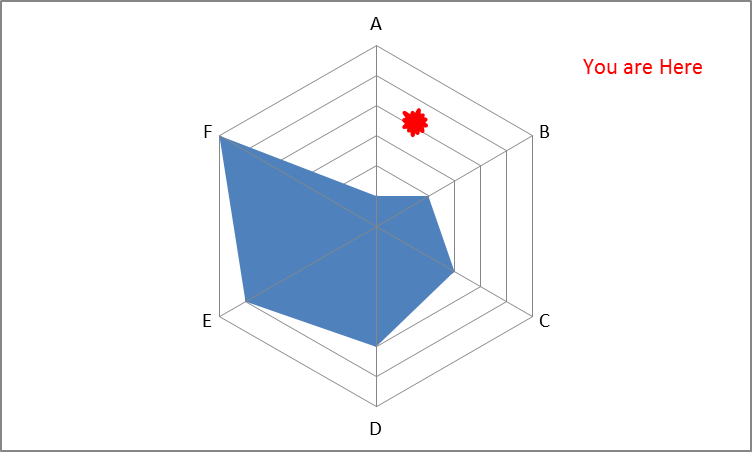Jonathan Swift was on to something when he picked out in Gulliver’s Travels the pointless and apparently irreconcilable Big-Endian / Little-Endian debate on the island of Lilliput (a metaphor for religious schism in 16th and 17th century England, as it happens).
The question “Are you a Morning Lark or Night Owl?” is another of those that has its merry bi-band of quarrelsome, bifurcated and dichotomous disputants, bickering and unable to arrive at any accommodation, mutual agreement or consensus view.
So the recent study by Dr. PK Jonason was, of course, like oxygen to those people who live to stir things up a bit, leading to headlines such as
Night owls have more ‘evil’ personality traits: study (Business Standard)
That’s not what the study actually says, as it just focuses on three personality characteristics (The Dark Triad) and their distribution amongst Chronotypes and so does not equally point to any irksome, venal, or other unpleasantness of the early risers. However when did balance ever come into the equation in getting a headline?
Well in chemistry actually, where you definitely have to balance your equations…
Didn’t Mark Twain say “Never let the facts get in the way of a good story”.
Did he or didn’t he, I don’t know, does it really matter, is it something people have a fight over, well let them!
And he was a story teller, not a scientist…
So the study may have been a bit narrow in scope, but still science (assuming the peer reviewers also agreed about this), and sadly abused by a rather unbalanced headline.
In the Larks/Owls debate, of course, you find it is of course that things are more complex than the simple binary,
There are some key consulting frameworks that are designed to help people solve more complex problems than just by pure binary thinking
The Boston Grid is a good example that expands thinking to at least two (binary, smoothed, averaged) dimensions and has four outcomes (or more if you start sub-dividing the individual boxes, but that gets hard to read, and clarity of thinking is, of course, the whole point, not “clever” smart aleck chart drawing).
Note in particular the national difference that shows that, in the analysis, Spaniards are more Owl-ish than the Larky Italians (well, relatively), and Machiavelli was Italian, so put that in your pipe and smoke it…![]()
Binary decision constructs are generally (*see footnote) grossly over-simplified and massively averaged “big picture” way of thinking about stuff, and most situations are actually formed from a spectrum of factors, which the human mind reduces ad absurdum to “are ye wi’me or agin me”.
Someone once said that I “hoover up complexity” which was, I think, a compliment overall, on balance, and in the general scheme of things, but also a cogent warning to avoid rocket-scientist gibberish, too!
Even a well-meaning spectrum view can still present a one sided and possibly biased picture, and the balancing aspects need to be added.
The Autism spectrum is an example of what can be considered as a one-sided spectrum, since “Normal” sits at one end, not in the middle like a properly balanced continuum.
I rather liked this view Psychosis and Autism as Diametrical Disorders of the Social Brain: converging evidence!! that describes a wider spectrum from Schizophrenia through “Normal” to Autism.
The real story is probably nearer to a 2D surface, or in fact many more dimensions, but that does start to hurt a little bit.
And so, maybe a enigmatic spider-web diagram to finish…
*Footnote
Ok, so putting “generally” against any assertion is one of those averaging and simplifying devices used to smooth over the roughness of real-life situations. But what the heck, this is rhetoric, and I stand my ground, Sir!

